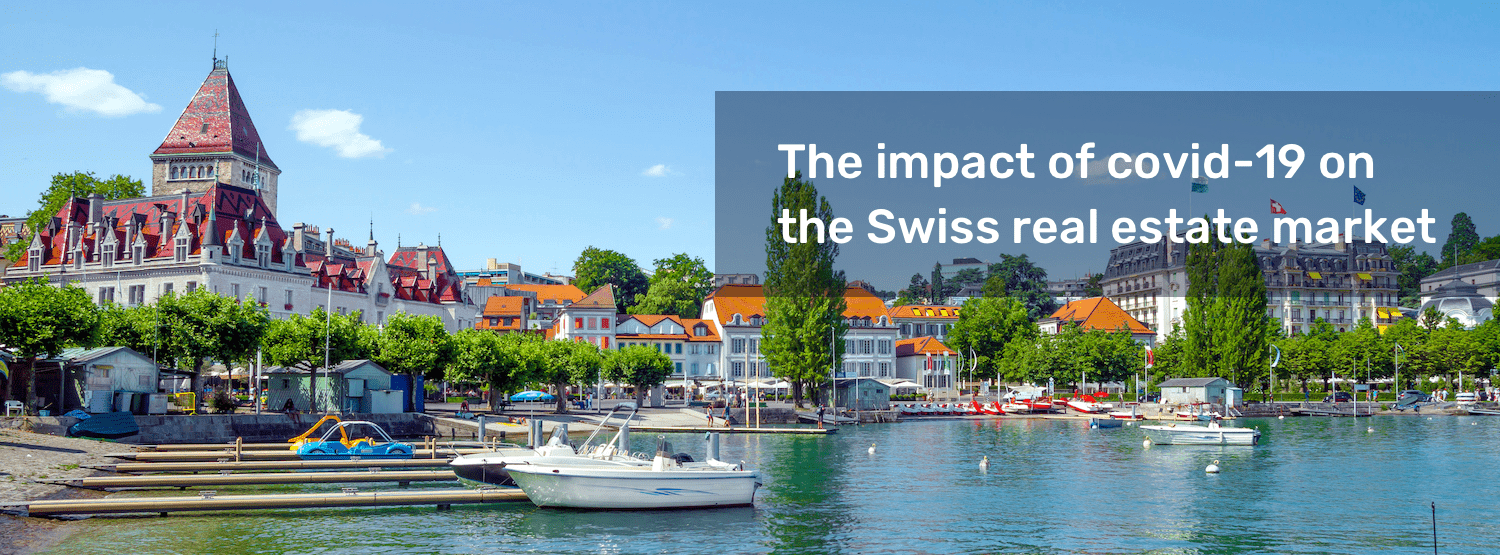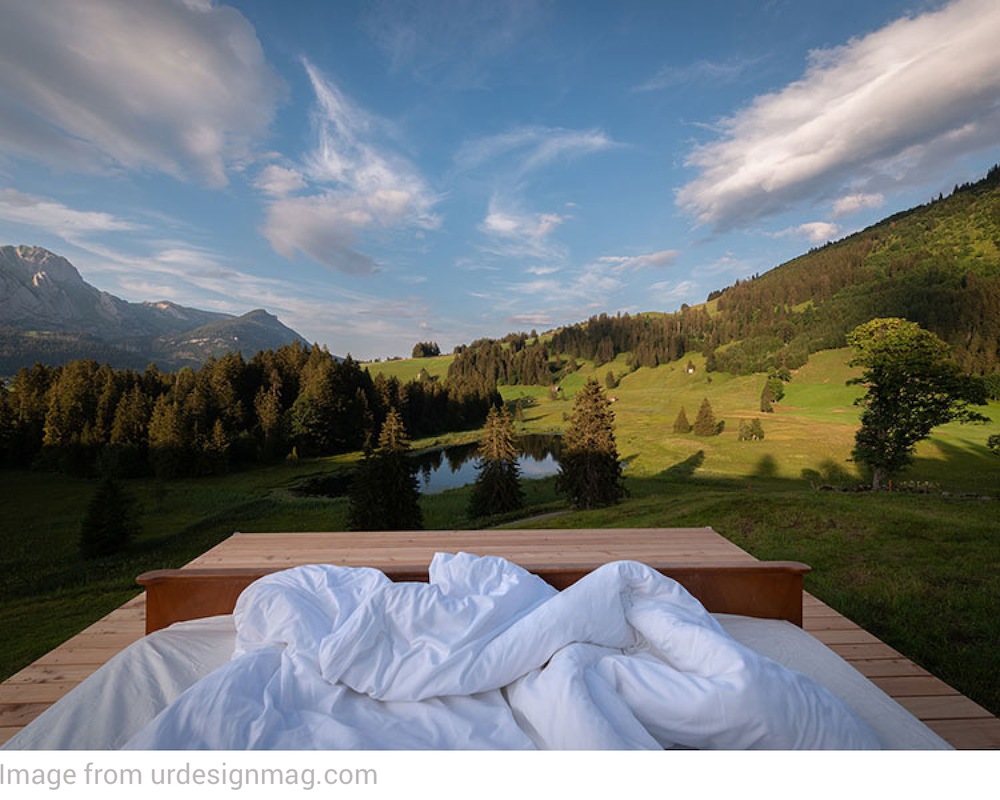
Outcomes of pandemic and trends for real estate in Switzerland
Covid has changed things everywhere in the world. But compared to many other countries, Switzerland seems to have come through the crisis pretty well. It's only had 51,000 cases so far and only just over 2,000 deaths, thanks to an early lockdown and a well coordinated government response.
While Swiss economic output is expected to shrink nearly 5% this year, that's less damage than many other countries are likely to experience.
What's the impact on property?
Many experts, like those at Credit Suisse, believe the worst impact will be seen in the commercial sector; particularly hotels, restaurants and retail, though the office sector could also see some softness in values. On the other hand, CS sees residential property as likely to remain stable, despite the recession.
Low mortgage rates are here to stay, with European governments aiming to keep interest rates low to boost their economies. That will keep buying cheaper than renting - so there is unlikely to be a wave of sales from Swiss buyers. The Federal Council's emergency package will also help keep the Swiss economy shipshape.
Direct investors observe falling yields in traditional real estate and tend to take higher risks. UBS Real estate focus 2020 shows that a new trend for direct investors is the niche investment arena, which has higher yields and promises long-term income growth. Niche investments include microapartments, student accommodation, retirement homes, short-term rentals, co-working, self-storage and logistics facilities.
There's also a big post-covid trend of people moving to the periphery - plenty of potential buyers are still looking for family houses outside of cities, whether in suburbs or in secondary towns, which give more space but with the opportunity to easily commute to work.
Buyer’s behaviour against the crisis
Despite rising property prices, the cost of actually paying the mortgage for an average property has halved from CHF 10,000 in 2008 to below CHF 5,000 last year. Swiss home owners are paying just 2.5% on average - down from 5%. This should help reduce the number of cases of financial distress and keep the housing market relatively stable.
It's also worth remembering that the Swiss interest rate on savings is actually negative. So for individuals, it's worth borrowing to buy their own property - keeping cash in the bank will just lose them money. So, those who have cash in the bank have been searching for properties during covid, but stopped their buying project are back to business looking for better deals.
Luxury market in Switzerland
CS believes the luxury segment could be worse affected than regular properties. That's the opposite of what's happening in London - but the two markets are very different, thanks to the Lex Koller, which prevents non-Swiss residents from buying property in all but a few selected locations.
But if we talk about domestic investors, there might be a positive trend due to the fact that negative interest rates encourage property price inflation. UBS' investment research takes the contrary view from Credit Suisse - since the long-term capital value is unaffected by short-term considerations, UBS argues, the Swiss luxury market will hold up well.
Rental demand
There could be a downturn in store for rental apartments. Vacancies have nearly doubled, and rents on new lettings are very soft right now. A vacancy rate of 3% doesn't sound too bad compared to nearly 5% in the US, but suggests that any new capacity coming to the market isn't going to be absorbed quickly.
Raiffeisen Bank is more bearish than Credit Suisse, and has warned that the market could be flirting with frothiness, as incomes have slipped, but property prices haven't. It believes the most exposed markets are Zurich, Basel, and Lausanne, and points the finger particularly at apartment buildings designed for rental, where too many investors have got into the market. Yield-chasing investors have driven prices up, and current levels may not be sustainable. (Unlike in the UK, for instance, buy-to-let hasn't been a common investment in Switzerland until very recently.)
Even UBS thinks Swiss property is a little overexposed - though it says the Swiss market isn't in bubble territory, just a bit ahead of itself.
Swiss real estate trend that each agent should consider
The most up-to-date analysis of trends comes from real estate research company PriceHubble. Its analysis shows that it was volumes rather than prices that got hammered by the onset of covid - new sales ads fell by 37% - but the figures have been rising again since the end of the lockdown in June. By comparison, offer prices have been largely stable, with houses showing a little growth while apartments are seeing broadly flat pricing.
Building permits are also now recovering, which suggests the supply/demand basis of the market won't change a great deal over the medium term.
It means that buyers who wanted to buy before covid will most likely pick up their plans where they left off, looking for new developments and checking the prices for existing properties they saw before the hiatus caused by lockdown. The truth is that the majority of potential buyers will look for cheaper offers available.

Switzerland does seem to be a much more stable residential market than many others. That's partly down to the impact of the Lex Koller, ensuring foreign buyers don't push prices up and squeeze locals out of the market. So the idea of Swiss residential property as a safe haven appears to be valid.
However, right now we're all steering without a dashboard - none of the figures we have make reliable comparisons. As PriceHubble points out, if there's a second wave of the virus, all bets are off. But as long as some sort of normality resumes within the next year, Swiss residential property looks like one of the more risk-averse investments available.
Or if it all goes wrong? Swiss artists Frank and Patrik Riklin have the answer - a 'Zero Real Estate' project that delivers open-air hotel rooms with mountain views.
